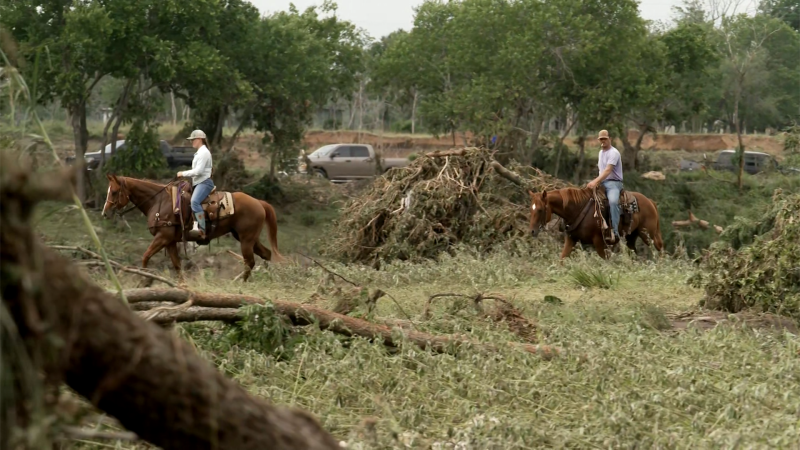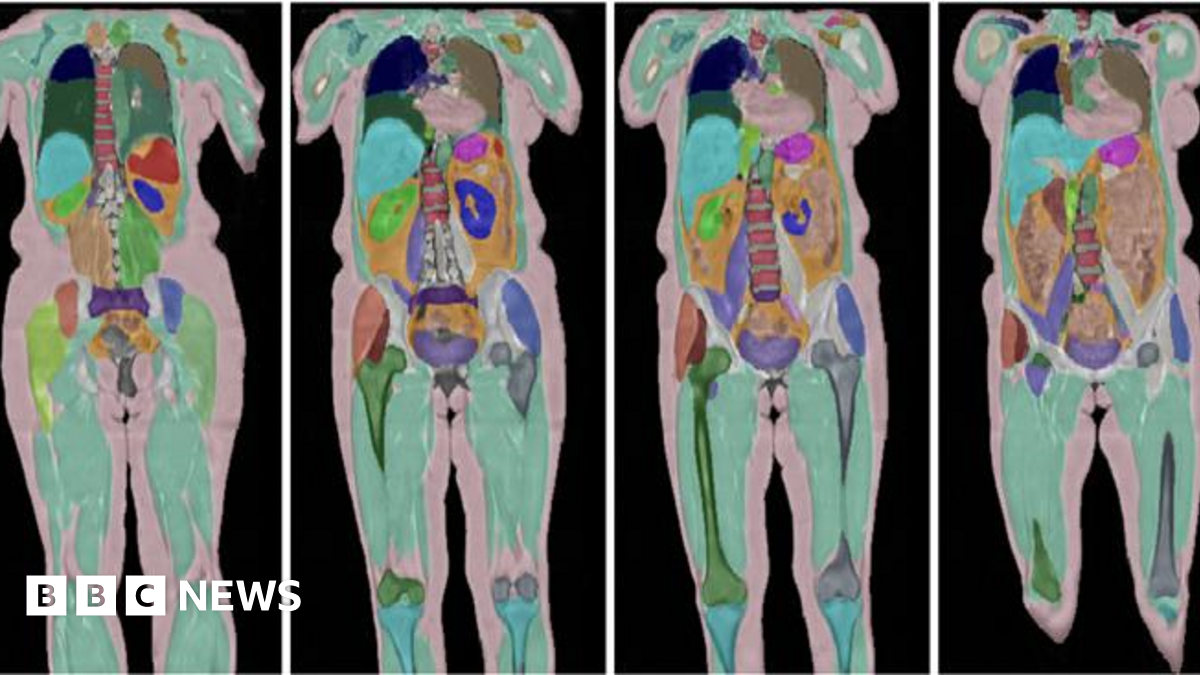JNIM's Rise In Mali: Al-Qaeda's Deadly Grip On Africa

Welcome to your ultimate source for breaking news, trending updates, and in-depth stories from around the world. Whether it's politics, technology, entertainment, sports, or lifestyle, we bring you real-time updates that keep you informed and ahead of the curve.
Our team works tirelessly to ensure you never miss a moment. From the latest developments in global events to the most talked-about topics on social media, our news platform is designed to deliver accurate and timely information, all in one place.
Stay in the know and join thousands of readers who trust us for reliable, up-to-date content. Explore our expertly curated articles and dive deeper into the stories that matter to you. Visit Best Website now and be part of the conversation. Don't miss out on the headlines that shape our world!
Table of Contents
JNIM's Rise in Mali: Al-Qaeda's Deadly Grip on Africa Tightens
The Sahel region of Africa is increasingly becoming a battleground for extremist groups, with Jama'at Nusrat al-Islam wal-Muslimin (JNIM) – Al-Qaeda's affiliate in the region – playing a significant role. JNIM's growing influence in Mali represents a dangerous escalation in the ongoing conflict, threatening regional stability and posing a global security concern. This article delves into the group's rise to power, its brutal tactics, and the implications for the future of the Sahel.
JNIM's Consolidation of Power in Mali:
JNIM's emergence wasn't overnight. It consolidated through a series of mergers between various Islamist militant groups operating in Mali, including Ansar Dine, Al-Qaeda in the Islamic Maghreb (AQIM), and Macina Liberation Front (MLF). This strategic unification significantly amplified their capabilities, allowing them to control vast swathes of territory and exert influence over local populations.
Their success is attributed to several factors:
- Exploitation of Grievances: JNIM adeptly exploits existing socio-political grievances, including poverty, marginalization, and government ineffectiveness, to recruit fighters and garner local support, particularly in rural areas.
- Effective Guerrilla Warfare Tactics: Their mastery of guerilla tactics, including ambushes, hit-and-run attacks, and improvised explosive devices (IEDs), makes them a formidable adversary for the Malian military and international forces.
- Control of Key Resources: Control over key resources, such as smuggling routes and mineral deposits, provides JNIM with substantial financial resources to fund their operations and maintain their fighters.
The Brutal Tactics of JNIM:
JNIM's operations are characterized by extreme brutality, targeting civilians, security forces, and even rival extremist groups. Their atrocities include:
- Massacres of Civilians: The group has been responsible for numerous massacres of civilians, often targeting ethnic minorities. These acts of violence aim to sow fear and destabilize the region.
- Kidnappings for Ransom: Kidnapping for ransom is a significant source of funding for JNIM, with both foreign nationals and local citizens falling victim.
- Attacks on UN Peacekeepers: Attacks on UN peacekeepers further highlight the group's defiance of international norms and its willingness to engage in large-scale violence.
The Implications for Regional and Global Security:
JNIM's growing power in Mali has severe implications for the wider Sahel region and beyond:
- Regional Instability: The group's activities destabilize neighboring countries, leading to increased cross-border conflicts and humanitarian crises.
- Humanitarian Crisis: The violence perpetrated by JNIM has created a major humanitarian crisis, forcing millions to flee their homes and exacerbating food insecurity.
- Global Terrorism Threat: JNIM's allegiance to Al-Qaeda presents a direct threat to global security, with the potential for the group to launch international terrorist attacks.
The Path Forward:
Combating JNIM requires a multi-faceted approach:
- Strengthening Malian Security Forces: Enhancing the capabilities and training of the Malian military is crucial to effectively countering JNIM.
- Addressing Root Causes: Addressing the root causes of conflict, including poverty, inequality, and weak governance, is vital to reducing the group's appeal.
- Regional Cooperation: Effective regional cooperation is essential to effectively combating JNIM's cross-border activities. International collaboration is key.
- Countering Disinformation: The spread of extremist propaganda online needs to be countered with effective counter-narratives and information campaigns.
The rise of JNIM in Mali is a serious threat, demanding immediate and concerted international action. Failure to address this escalating crisis risks further destabilizing the Sahel region and creating a breeding ground for global terrorism. The international community must act decisively to curtail JNIM's influence and prevent further bloodshed. This requires a long-term commitment to addressing the complex political, economic, and social factors that fuel extremism in the region. Are you interested in learning more about counter-terrorism strategies in the Sahel? [Link to relevant article/resource].

Thank you for visiting our website, your trusted source for the latest updates and in-depth coverage on JNIM's Rise In Mali: Al-Qaeda's Deadly Grip On Africa. We're committed to keeping you informed with timely and accurate information to meet your curiosity and needs.
If you have any questions, suggestions, or feedback, we'd love to hear from you. Your insights are valuable to us and help us improve to serve you better. Feel free to reach out through our contact page.
Don't forget to bookmark our website and check back regularly for the latest headlines and trending topics. See you next time, and thank you for being part of our growing community!
Featured Posts
-
 Claim Your Free Spirit Empress Clash Royales Legendary Card And Meta Shift
Jul 09, 2025
Claim Your Free Spirit Empress Clash Royales Legendary Card And Meta Shift
Jul 09, 2025 -
 Horseback Volunteers Join Search For Missing Individuals Cnn
Jul 09, 2025
Horseback Volunteers Join Search For Missing Individuals Cnn
Jul 09, 2025 -
 Inglourious Basterds Analyzing The Films Complex Characters And Narrative
Jul 09, 2025
Inglourious Basterds Analyzing The Films Complex Characters And Narrative
Jul 09, 2025 -
 Australian Central Bank Holds Interest Rates Inflation The Key Factor
Jul 09, 2025
Australian Central Bank Holds Interest Rates Inflation The Key Factor
Jul 09, 2025 -
 Marcus Fakanas Release Details Emerge From Dubai Teen Sex Case
Jul 09, 2025
Marcus Fakanas Release Details Emerge From Dubai Teen Sex Case
Jul 09, 2025
Latest Posts
-
 A Students Guide To Personal Injury Law Challenges And Rewards Of The Legal Profession
Jul 16, 2025
A Students Guide To Personal Injury Law Challenges And Rewards Of The Legal Profession
Jul 16, 2025 -
 Putin And Trump A Continuing Conflict Despite Trumps Disappointment
Jul 16, 2025
Putin And Trump A Continuing Conflict Despite Trumps Disappointment
Jul 16, 2025 -
 The Shocking Details Of The Marten And Gordon Case A Nations Disbelief
Jul 16, 2025
The Shocking Details Of The Marten And Gordon Case A Nations Disbelief
Jul 16, 2025 -
 100 000 Uk Volunteers Contribute To Massive Human Imaging Study
Jul 16, 2025
100 000 Uk Volunteers Contribute To Massive Human Imaging Study
Jul 16, 2025 -
 Laid Off King Employees Replaced By Ai They Helped Create
Jul 16, 2025
Laid Off King Employees Replaced By Ai They Helped Create
Jul 16, 2025
